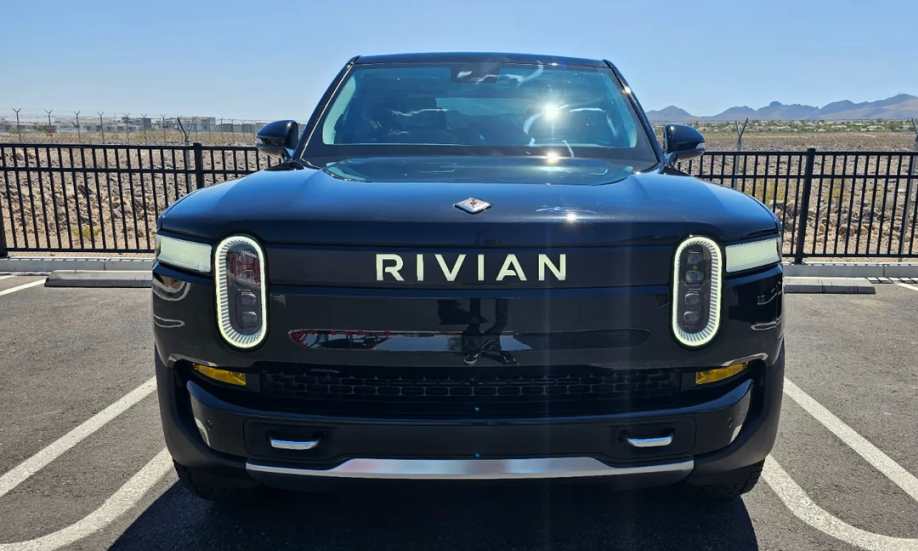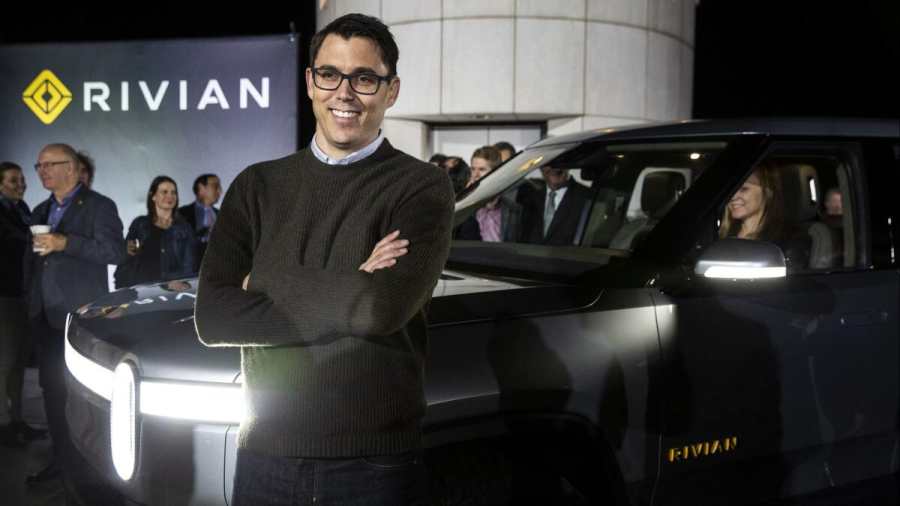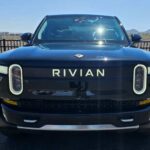Rivian spins out a new micro-mobility startup Also with $105M in funding from Eclipse

What started as a quiet internal project inside Rivian has now stepped into the spotlight as its own independent company: Also, Inc. The move signals Rivian’s bigger bet on electric micromobility. Think smaller vehicles—e-bikes, scooters, and compact rides built for city streets.
The spinout is backed by $105 million in funding led by Eclipse Ventures, with Rivian holding a minority stake. RJ Scaringe, Rivian’s CEO, is staying close to the project as Chairman of the Board, and Chris Yu, previously Rivian’s VP of future programs, is taking charge as president.
The move comes just four months after former President Biden extended a $6 billion lifeline to the struggling EV startup, as the company faced mounting unsold inventory on dealer lots.
“What started as a stealth team within @Rivian is now its own company. For the world to truly transition to sustainable and accessible transportation, we ALSO need a range of small electric form factors. Our first product launches early 2026. Follow our journey at @ridealso!,” Rivian Founder and CEO RJ Scaringe said in a post on X.
Rivian’s stealth micro-mobility project is now Also
Before Rivian’s electric trucks ever hit the road, Scaringe had already been thinking about micromobility. Around 2019, that thinking turned into a scrappy internal program that pulled together a small group of engineers and designers from places like Apple, Google, Specialized, Uber, and REI. Their goal: figure out if Rivian’s tech could scale down into something smaller and more affordable.
Turns out, it could—and the results were bigger than Rivian expected. “If you look at our cities, the infrastructure is such that you can’t have large cars driving around, but they still have mobility needs,” said Jiten Behl, Rivian’s former growth chief who led the funding effort with Eclipse. “We need something different, something smaller, something more flexible.”
“For the world to fully transition to electrified transportation, a range of vehicle types and form factors will be needed,” Scaringe said in a news release. “I am extremely excited about the innovations developed by the Also team that will underpin a range of highly compelling micromobility products that will help define new categories.”
By 2022, Specialized’s former chief product and tech officer Chris Yu joined to lead the stealth team. The group grew quietly, and aside from a 2022 trademark filing for bikes and e-bikes, the work stayed under wraps.
That changes now.
Also, Inc. is building a line of electric vehicles starting with a bike-like product expected to debut in early 2026. Scaringe previewed a few clues about the first model: “There’s a seat, and there’s two wheels, there’s a screen, and there’s a few computers and a battery,” he told TechCrunch. That first product will launch in the U.S. and Europe, with future plans to expand into Asia and South America.
The idea is to bring Rivian-level quality to micromobility without the premium price tag. Scaringe didn’t hold back on the state of the current market: “It’s remarkable that a nice e-bike costs as much as it does. Like a nice e-bike, you can spend $6,000 to $8,000 on, and really nice ones, over $10,000. That’s a reflection of a poorly developed supply chain that’s very, very, very tiered.”
Still, not everyone’s convinced the market needs another e-bike startup—Rivian branding or not. One person on social media, Carole Bennett, chimed in: “I already have several e-trikes in my garage; there’s already a wide market of e-bikes and e-trikes available at the US$2K-3K range. What makes this Rivian spinoff unique enough to be of interest?”
The Also team now includes about 70 people and will operate independently, but it’s not completely cut off from Rivian. The companies may share some resources—retail locations, tech, or logistics—if it makes sense.
Meanwhile, Rivian continues to focus on scaling its core business. The R2 midsize SUV is still on track, with production set for Normal, Illinois, and customer deliveries expected in the first half of 2026.
Also, more details on the product line and launch plans are expected later this year. The team is keeping quiet on the final design for now, but one thing’s clear: Rivian’s micro-mobility experiment just turned into a full-blown business.

Rivian Founder and CEO RJ Scaringe




